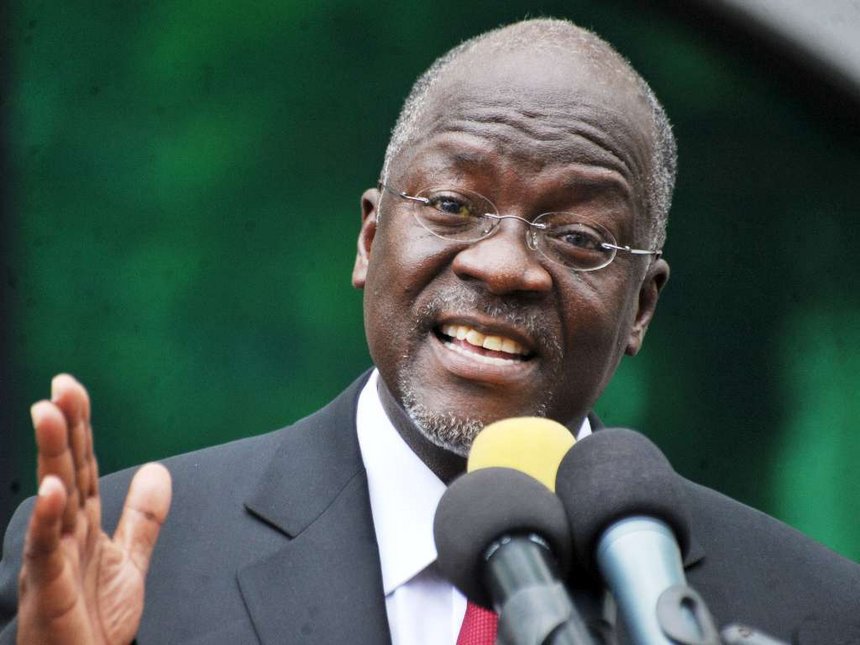Tanzania in The Economist’s view – a deliberate misrepresentation

This is a response to The Economist’s piece “Tanzania’s rogue president: Democracy under assault” published in the Africa section on 15 March 2018. Upon reading this piece, two questions come to mind: Why this? And why now? The Economist has covered Tanzania’s new presidency three times (May 2016, October 2017 and March 2018). All three pieces revolved around the increasing political repression and human rights violations under the new presidency.
Before Magufuli’s presidency, The Economist has most often covered Tanzania’s corruption and developmental issues. Now, that we see a shift in state and economic organisation, the analytical trend presented by The Economist goes into character profiling and singularisation in the sense of narrowing the focus on the president, acting in a political void, as the sole orchestrator of the rapid changes taking place – without any historical and system analyses, without embedding it into global developments as well as developments within the region.
Building the argument on the indignation and fear of Tanzanians who see themselves confronted with the demolition of democratic structures and fundamental freedoms, The Economist condemns the politics of retrogression, economic hostility and loss of democracy. It disguises the multifaceted politic situation by creating a political image that is overshadowed by the grimace of dictatorship.
Any responsible journalism would have the remit to analyse and represent the process of change that the new political regime declares to achieve in its attempts to break with historical patterns and individual ties to former colonialists as well as to keep a critical stance to new economic actors in the context of political subservience and economic dependence. It is not on us to assess or analyse the ideological framework, implementing strategies and their successes or their failures but to point to a political vision that involves the reorganisation of institutional efficiency, and linking the economy including foreign business activities to development objectives. Targeting corruption, new policies on natural resources or the attempt to strengthen the national economy in general may serve as examples.
Instead of discussing the list of half-cooked partial truths that are presented without proper research and analysis, a look into what has not been laid open seems to be far more promising. No word is mentioned on Tanzania’s questioning the mainstream paradigm on free trade as an important vehicle for growth by its particular stance towards the Economic Partnership Agreements; there is silence about corporations repatriating profits and illicit financial transfers. As Acacia is showcased and a resolute stance on good governance is being taken, it is particularly irritating that the analysis keeps silent on the violation of environmental, social and human rights obligations in doing business. It would have been worth looking into RepRisk’s (the Global Business Intelligence on Environmental, Social and Governance risks) Sector Benchmarking Report on the Mining Sector of January 2017.
Sadly, the de-contextualisation of this type of journalism does not contribute to any of the transformative and critical debates that are still ongoing in the country. On the contrary, it shuts down proper debates and further investigations. This poorly researched piece has been written in clear despise of the wealth of information offered by tens of courageous Tanzanian bloggers who are capable of blogging in a much more articulate and informed way than what the anonymous author of this piece has done. In this era of fake news and increasing political repression of free and informed journalism and intellectual activity, we pay our respect to courageous Tanzanian public intellectuals, including bloggers, journalists and artists, who against all odds are providing informed and thought-provoking analyses of the current situation. This piece is trumping on people’s efforts to give a fair representation of the current situation in Tanzania and it continues to build negative stereotypes of African societies that undermine critical thinking and self-development initiatives.
* Anonymous author from Tanzania
